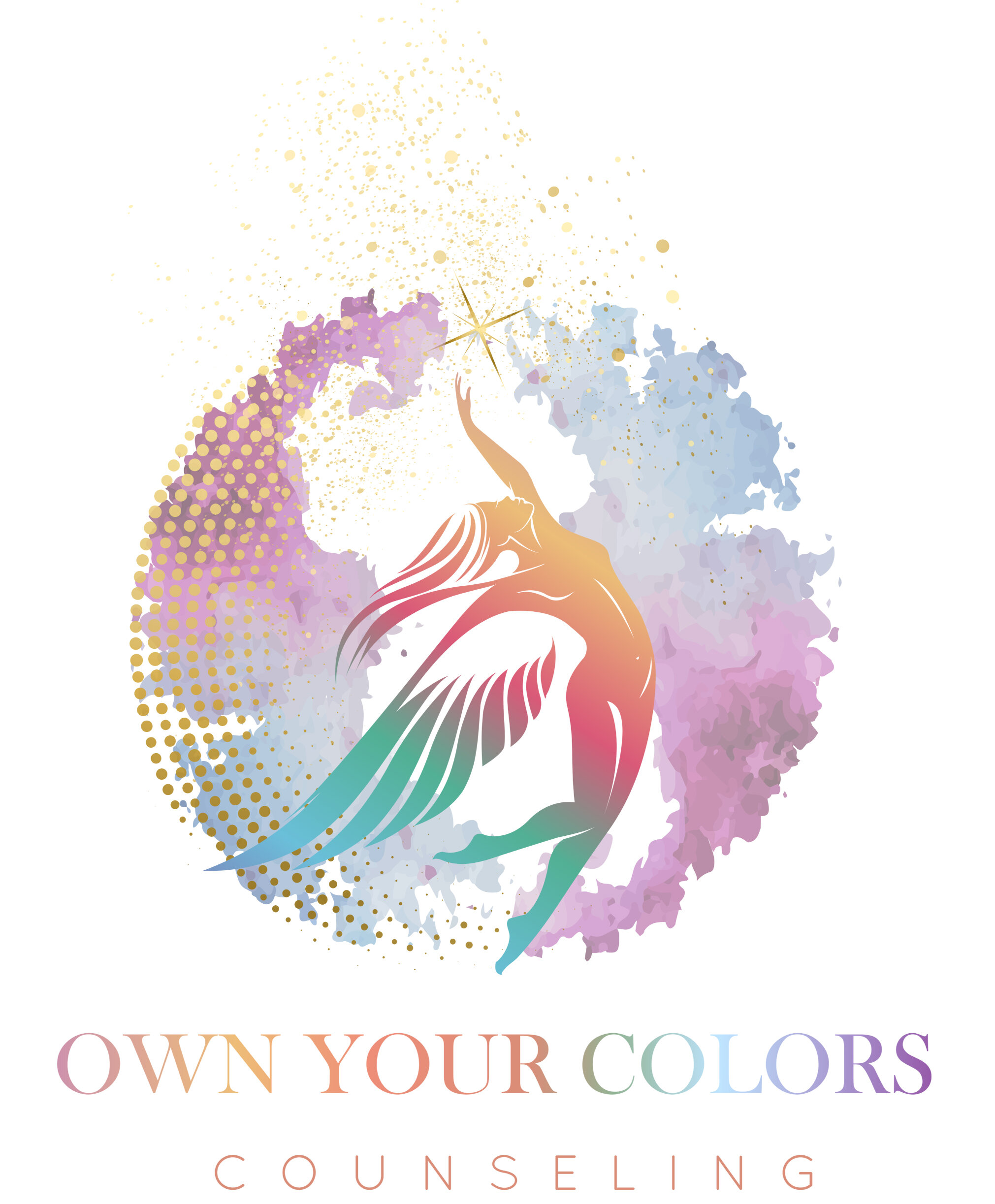Does It Make Sense to Look on the Bright Side of Life When There's So Much Going On?
“The Boy with the Balloon” : Digital collage by Natalie
Being Realistic Is Overrated
Studies show that people who have a more objectively realistic perspective on life tend to be more depressed.
The problem seems to be that the mind has a negativity bias, where assessments of the facts of a situation can quickly be turned into judgments or fears.
For example, if I notice a friend not laughing at my joke, the truth might be, “My friend didn’t find my joke funny.” But then my mind can spiral off into worries like…
I’m so stupid
She doesn’t really like me
Maybe no one likes me
I don’t have any real friends
I’m never going to be able to connect with anyone
… and so on.
Life Gives Us What We Send Out
Our minds are powerful, and in many ways we have the ability to choose our own reality.
It seems to be true that when we come from a place of wholeness and self-respect, life events unfold favorably round us — or, at the very least, we exercise our ability to choose to see whatever unfolds as happening in our favor.
We Get to Choose Our Own Story
There is a saying that, “Everything in life can be either poison or medicine, depending on how you take it.”
We can practice seeing difficulties as beneficial by focusing on how they help us:
Learn about ourselves and the world
Refine our understanding of what we enjoy
Get motivated to take positive action
The Key Is Believing You Can Handle It
Every major religion has said in one way or another, “Life is suffering.”
Everyone knows that hard times are inevitable.
The real question is whether you believe you can handle the suffering of life.
If you use your inner resources and whatever outside tools are available to you to bolster your confidence in yourself, you don’t have to be afraid of what life brings.
That doesn’t mean that you have to believe in your ability to handle things perfectly.
It mostly means you’re willing to show up and be messy, knowing that the mess doesn’t define you, and believing that you’ll be stronger on the other side of whatever happens.
Life events don’t automatically make us wiser or more capable. We have to make a decision to accept the challenge of using difficulties to grow.
Bringing a Positive Outlook to Difficult Current Events
If we were to look on the bright side of the current racial injustice movement, we would see that so many harmful prejudices and abuses are being brought to light so that they can be directly addressed.
MArtyr vs. Trickster Energy
A lot of people believe that in order for anything to change, we need to adopt a martyr energy — focusing on the seriousness of the situation, amplifying the pain, and getting very upset about it all.
I believe that trickster energy can be far more transformative — and it allows us to keep a happy outlook while also effecting powerful social change.
What might that look like?
We could be fully present in our bodies at protests, enjoying the sound of our own voices and the way it feels to chant in unison
We can feel the surge of energy move through us as we march and dance in front of riot police
We can meet our critics’ judgments with, “You seem to have an investment in the status quo. I’m curious about that.”
Trickster energy is fun because it doesn’t play by the rules.
What better way to celebrate giving the middle finger to a social contract that is no longer working?
Living Free While Respecting Others
Clearly, during a pandemic, there are times when what people might call “choosing to see the bright side” could actually be denial that puts them and others at risk.
A young person might say, “Looking on the bright side — Even if I do get COVID, I probably won’t die, so it’s not a big deal.”
They might choose not to wear a mask, and subsequently infect an older person who does die.
Happiness involves not attaching to specific outcomes. Mental resilience and emotional wellbeing mostly have to do with the idea that, “No matter what happens, I’ll be okay.” We can always keep in mind what we might prefer to happen, but we’ll only start feeling anxious if we think there might be a “bad” outcome.
And at the same time, being a kind and conscious individual means considering the impact of our actions on other people.
John Stuart Mill said, “My right to swing my fist ends where your nose begins.”
To me, this means that freedom of speech is essential, and also that my freedom to do as I please is limited by what might physically harm others.
If my “looking on the bright side” leads to legitimately dangerous behaviors, then it is not beneficial.
At the same time, there does seem to be a greater risk in being too serious than in enjoying life too much.
Are You Having a Hard Time Enjoying Your Life?
Let’s talk! We can get you out of that stuck martyr energy that says everything is so serious and dire.
You can give a middle finger to “the rules” that say you need to make everyone else happy before you get to enjoy happiness yourself.
You can discover your inner worth and enjoy your life, regardless of what’s going on around you.

